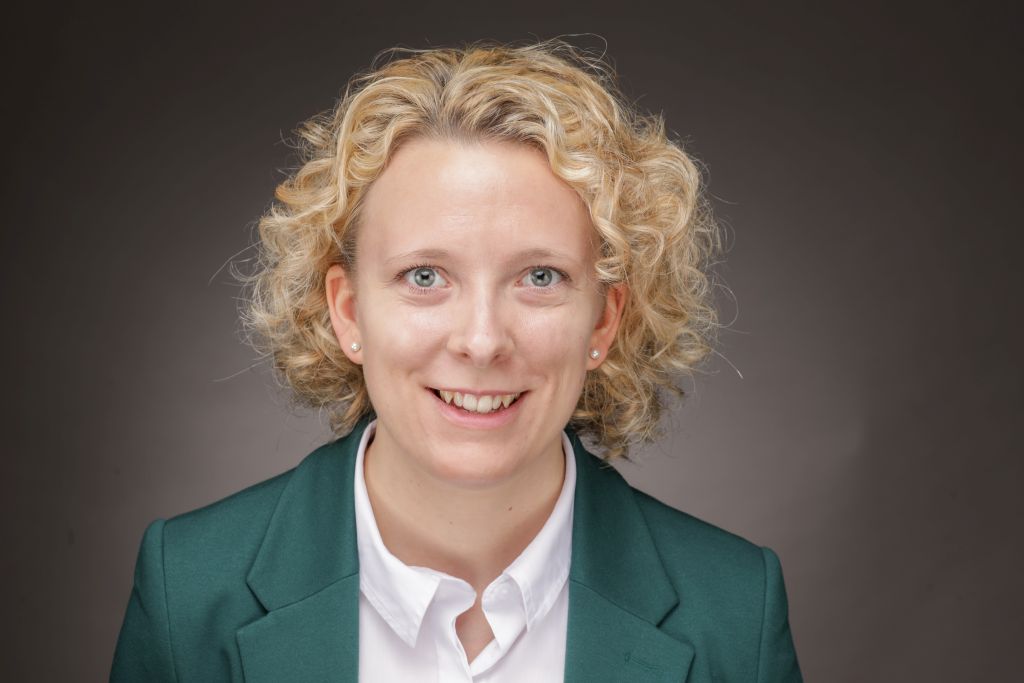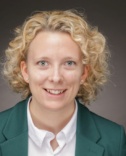As a fromer PhD Student I am an associate to CARMAH and used to be a participant of CARMAH’s Museumslabor between 2017 and 2020. I am currently working as a project coordinator for the special exhibition “Stonehenge – People and Landscapes” at LWL-Museum for Archaeology – Westphalian State Museum in Herne. Former engagements include freelance positions in archaeology and exhibition management at Stiftung Saarländischer Kulturbesitz – Museum für Vor- und Frühgeschichte des Saarlandes (Saarbrücken), excavation project Provadia Solnitsata (Provadia, Bulgaria) and Schering Stiftung (Berlin).
Having studied Pre- and Early History and Kulturwissenschaft in Saarbrücken, Berlin and Edinburgh, I have always been interested in the role of archaeology in modern day societies, especially in how archaeology produces and conveys notions of memory, heritage and identity. Therefore, I carried out a PhD project on memory, heritage and identity in the permanent exhibitions of Archaeological State Museums in Germany (Archäologische Landesmuseen) at the Department of Cultural History and Theory at Humboldt University.
For my PhD project “Vor-Geschichten”, which was funded by Gerda Henkel Foundation, I collaborated with four Archaeological State Museums: Archäologisches Museum Hamburg, Landesmuseum für Vorgeschichte (Halle – Saale), Museum für Vor- und Frühgeschichte des Saarlandes (Saarbrücken) and Rheinisches Landesmuseum Trier. Aim of my approach was to analyse the metacultural operations of Archaeological State Museums that construct, form, negotiate and convey cultural memory, heritage and identity. While on the side of cultural policies the Archaeological State Museums in Germany are assigned to preserve cultural memory and heritage to provide the societies of the federal states with a sense of identity, many archaeologists and curators at the museums themselves are reluctant of an identity-inducing function. Claiming they only represent knowledge on pre- and early historical past they try to hold on a politically neutral, objective position. But is it even possible for archaeology and archaeological exhibition management to not produce a cultural memory and heritage with their work, thereby creating offers of identification and carrying on power? Focussing on the permanent exhibitions of these museums I analysed the narratives they produce and questioned the functions and the potential of this special type of museum. My disputation took place in February 2022 and I am currently revising my dissertation for publication.

